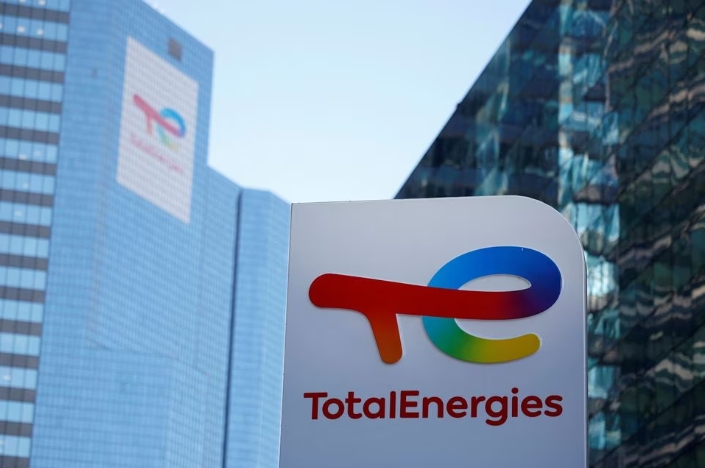
The deal, and similar long-term LNG agreements signed by other European energy majors with Qatar, has raised concerns about whether European Union goals to reach net zero emissions by 2050 will be achieved.
"If we need to redirect part of these LNG (flows) to another country... I think Qatar and ourselves, if it's in our interest, we will do it," TotalEnergies CEO Patrick Poyanne told analysts in a conference call.
He said it was not France, but TotalEnergies that committed to the deal, although he thought it was likely the LNG flows would end up in France or elsewhere in Europe.
"I don't see (how) you could manage complex power electricity markets in Europe with a lot of renewables without having flexible assets," Pouyanne said.
He said he was comfortable with the terms of the deal, which covers two sales and purchase supply agreements for delivering 3.5 million metric tons of LNG to the Fos Cavaou terminal in southern France.
Deliveries are due to start from 2026 and continue until 2053.
Shell (SHEL.L) signed an identical 27-year deal a week after TotalEnergies' agreement.
Both are Qatar's biggest and longest gas supply deals with Europe, as the region seeks to compensate for Russian supply lost after the EU imposed energy import restrictions following Russia's invasion of Ukraine last year.
Ahead of an upcoming COP28 summit hosted by the United Arab Emirates from Nov. 30, France last month called for strict dates to be set at EU level to phase out fossil fuels.
The French energy ministry has said TotalEnergies' deal was "a commercial agreement between two companies, which does not bind France, whose objective is carbon neutrality in 2050".
Pouyanne, who has been accused by climate activists of doing too little to combat carbon emissions, said the company's net zero pathway could still have "even quite a large share of LNG".
"Gas is there in the transition," he added.